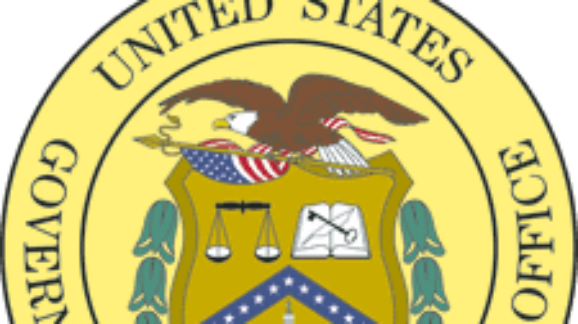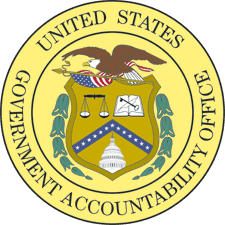All Agency Guidance Invalid Unless Submitted to Congress

 Congress needs to ask the Government Accountability Office to provide a list of agency guidance documents that were properly submitted for review for purposes of the Congressional Review Act.
Congress needs to ask the Government Accountability Office to provide a list of agency guidance documents that were properly submitted for review for purposes of the Congressional Review Act.
Instead, there have been recent letters inquiring if a particular guidance document counted as a “rules” and thus should have been submitted.
Let’s step back a bit.
There are (1) laws, (2) notice and comment regulations, and then (3) the agency guidance documents, memoranda notices and other proclamations (we like to call these regulatory dark matter).
It has become apparent that much agency guidance is invalid in terms of not having been property submitted to Congress (as we’ll see), but Congress is tiptoeing around that and needs to take a fresh approach.
The issue has been longstanding, but only recently have some in Congress started to pay much attention.
For example, members have sent letters to the Government Accountability Office and individual agencies asking if particular instances of guidance were “rules” for purposes of the Congressional Review Act (CRA).
The CRA requires a “report” on all rules (comprising a copy of the rule, a summary statement, and effective date) to be submitted to both Houses of Congress and to the GAO.
This report is the means of supplying Congress the alert and raw material it needs shout it choose to enact a Resolution of Disapproval to reject the rule. No report, effectively no rule, by some interpretations.
For “major” rules, a separate report is prepared by GAO, which maintains a database.
The “revelation” today is that even statements of policy and guidance alleged to be “nonbinding” are subject to the requirement. This has been treated as if questionable, yet it has never been in doubt.
The legislative history of the Congressional Review Act makes clear that guidance is subject to the CRA, as has been covered and documented thoroughly in the past.
But recent letters to GAO inquiring about particular instances of guidance seem to regard it as an open question.
Naturally in its responses, GAO has been very clear that “CRA requirements apply to general statements of policy.”
This quote is from a December 5, 2017 letter to Sen. Pat Toomey (R-PA) from GAO with respect to its analysis of the status of Consumer Financial Protection Bureau rule on indirect auto lending that agency had issued in 2013.
An October 19, 2017 GAO reply to Toomey on a similar query with respect to another 2013 interagency rule on leveraged lending also had affirmed that the definition of “rule” is “broad, and includes both rules requiring notice and comment rulemaking and those that do not, such as general statements of policy.”
Each letter to Toomey was seven pages, each contained similar language reiterating that policy statements are subject to the requirements of the CRA. Not quite boilerplate, but almost. It’s clear that any future queries are going to get the same answer.
In each case we find the rule was not properly submitted. And GAO, in each letter, also cited instances in prior Congresses in which GAO had reached the same conclusion about other instances of agency guidances and notices.
It has become apparent that Congress is going about addressing this issue backward.
To expose and then properly address questionable guidance, what we urgently need instead is a catalog of guidance documents in effect that were submitted to Congress and GAO as required.
Anything not on the list would not have been properly submitted.
Would the list of affirmatives contain most guidance documents; or, as I suspect, very few?
Given knowledge of this issue, have even recent guidance documents been property submitted? Or is apathy that deep?
Could it be that much of the administrative state, with respect to the edifice build upon guidance documents, is invalid?
That borders on a major crisis of constitutional governance. What will Congress do?
For more on the legal implications of the Congressional Review Act, please see Red Tape Rollback, a project of the Pacific Legal Foundation.